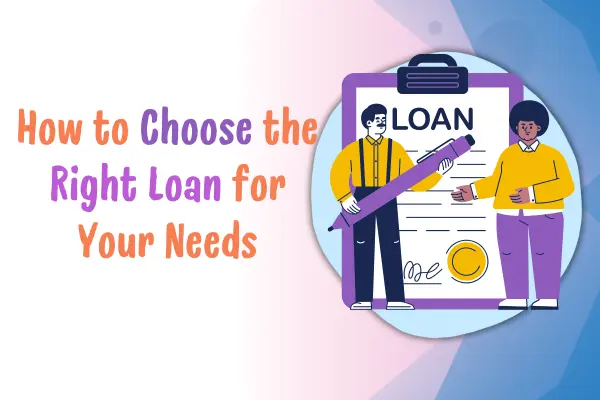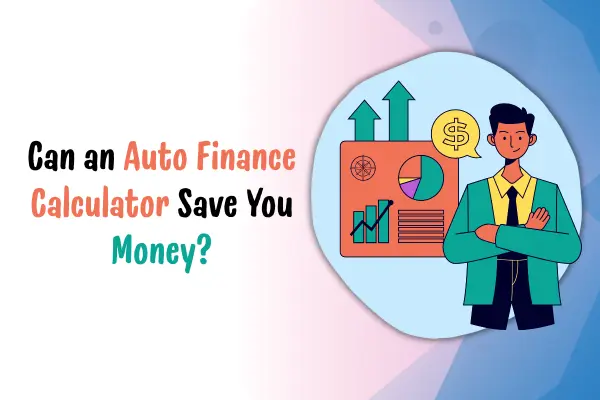Buying your first home is a big step—and it can feel both exciting and overwhelming. One of the most important parts of this journey is understanding how a mortgage for first-time homebuyers works. Don’t worry—we’re here to break it down in simple, clear language so you can feel confident and prepared as you move toward homeownership.
What is a Mortgage?
A mortgage is a special kind of loan that helps you buy a home. Since most people don’t have the full amount of money to pay for a house upfront, they borrow from a bank or lender and pay it back over time—usually 15 to 30 years.
When you take out a mortgage, the house becomes the collateral, which means the lender can take it back if you stop making payments (a process called foreclosure). But don’t worry—if you budget well and understand your loan, owning your home can be a smart and secure investment.
How Does a Mortgage for First-Time Homebuyers Work?
Here’s how the process typically goes when you’re getting a mortgage as a first-time buyer:
1. Save for a Down Payment
Most lenders expect you to pay a percentage of the home’s price upfront. This is called a down payment. While 20% is standard, many first-time homebuyer programs allow you to put down much less—even as low as 3%!
2. Get Pre-Approved
Before you start house hunting, it’s smart to get pre-approved for a mortgage. This shows sellers you’re serious and gives you a clear idea of how much home you can afford.
3. Choose the Right Mortgage Type
There are several loan options, but here are the most common for first-time homebuyers:
- FHA Loans: Backed by the government, require a lower down payment and are easier to qualify for.
- Conventional Loans: Not government-backed, but can offer competitive rates if you have good credit.
- VA Loans: For veterans and active-duty service members—no down payment required.
- USDA Loans: For buyers in rural areas with low to moderate income—also no down payment needed.
4. Understand Your Monthly Payment
Your monthly mortgage payment typically includes:
- Principal: The amount you borrowed
- Interest: What the lender charges you for borrowing
- Taxes: Property taxes owed to your local government
- Insurance: Homeowners insurance (and sometimes mortgage insurance)
Tips to Qualify for a Mortgage as a First-Time Buyer
- Check your credit score: A higher score usually means better interest rates.
- Pay down debt: The less debt you have, the easier it is to get approved.
- Save for upfront costs: Besides the down payment, you’ll also need money for closing costs, which usually range from 2% to 5% of the home’s price.
- Avoid new loans or credit cards during the mortgage process—they can affect your approval.
First-Time Homebuyer Programs to Know About
There are many first-time homebuyer programs available that can help with down payments, reduce interest rates, or offer tax benefits. Look for:
- State or local housing assistance programs
- Federal Housing Administration (FHA) Loans
- Fannie Mae HomeReady® or Freddie Mac Home Possible® programs
- Grants or forgivable loans for down payments and closing costs
These programs are designed to make buying your first home more affordable and accessible.
Common Questions About First-Time Mortgages
1. How much should I save before buying a house?
Ideally, save at least 5%–10% of the home’s cost for a down payment and extra for closing costs.
2. Can I buy a house with bad credit?
Yes! FHA loans are a popular choice for first-time buyers with lower credit scores.
3. What’s better: a 15-year or 30-year mortgage?
A 30-year mortgage means lower monthly payments, but a 15-year mortgage helps you pay off the home faster and pay less interest overall.
Final Thoughts: Take the First Step Toward Your Dream Home
Getting a mortgage as a first-time homebuyer may seem complex at first, but with the right guidance and a little planning, it becomes a manageable and exciting process. Start by learning the basics, exploring your options, and taking advantage of programs designed just for you.
Buying your first home isn’t just about securing a roof over your head—it’s about investing in your future. With knowledge and preparation, you’ll be unlocking the front door to your new life in no time!

